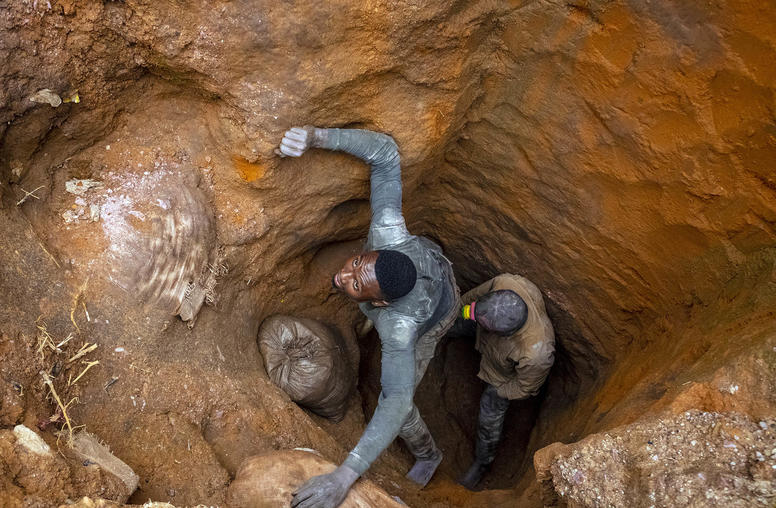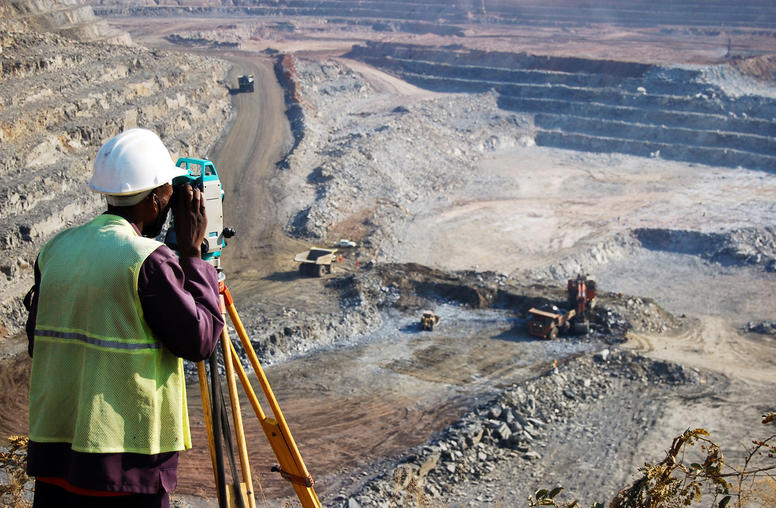Wildlife Poaching and Trafficking: Combating a Source of Terrorist Funding
A Bipartisan Congressional Dialogue with Rep. Ed Royce (R-CA) and Sen. Chris Coons (D-DE)
Read the event coverageIllegal wildlife poaching and trafficking has destabilized local communities and devastated elephant, rhino, and endangered species populations across Africa. In the last decade, over half of Africa’s elephants have been killed for their ivory. High demand for wildlife products in Asia has driven this surge in poaching and trafficking, threatening the future of these species. Some experts have warned that rhinos and elephants could face near extinction by 2030. Illegal trade in protected wildlife is worth an estimated $7 to $10 billion.
This figure places wildlife trafficking among the most lucrative criminal activities worldwide, rivaling the illegal trade in drugs and arms in size and scope. Wildlife trafficking is known to provide funding to deadly terrorist organizations, such as al-Shabaab and the Lord’s Resistance Army. In the last several years, however, the international community has begun to take meaningful steps toward breaking this trend through financial support, diplomatic pressure, and policy initiatives. The United States, with support from Congress, has been at the forefront of this push, through legislation like the Congo Basin Forest Partnership Act of 2004 and the END Wildlife Trafficking Act of 2016.
Rep. Ed Royce (R-CA), Chairman of the House Foreign Affairs Committee, and Sen. Chris Coons (D-DE), member of the Senate Foreign Relations Committee, discussed key successes, challenges, and next steps for U.S. policymakers.
Speakers
Rep. Ed Royce (R-CA)
U.S. Representative from California
@RepEdRoyce
Sen. Chris Coons (D-DE)
U.S. Senator from Delaware
@ChrisCoons
Nancy Lindborg
President, U.S. Institute of Peace
@nancylindborg



